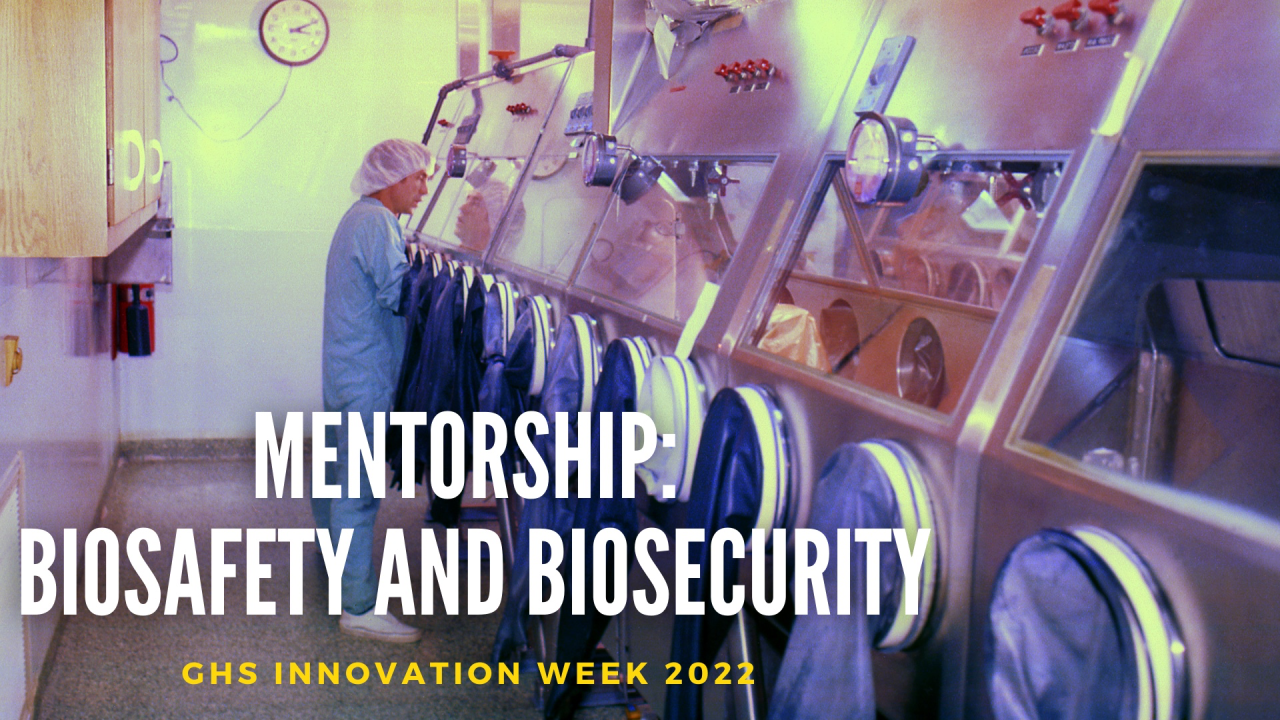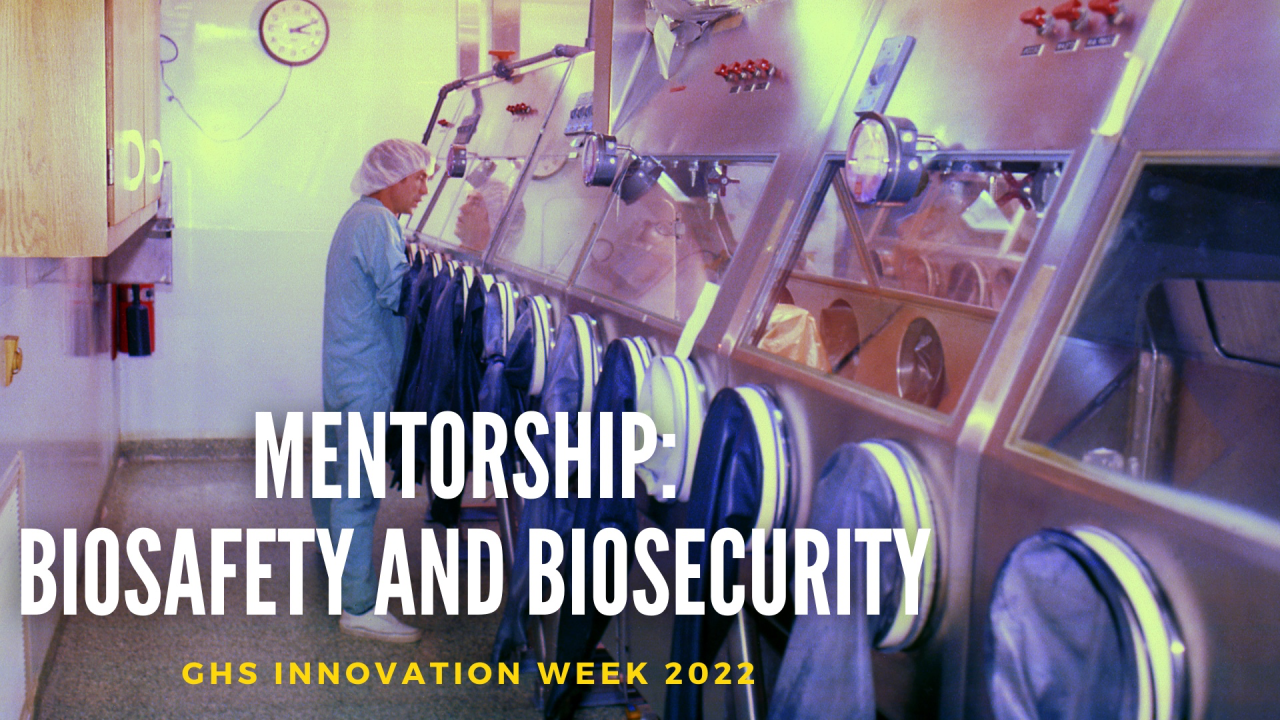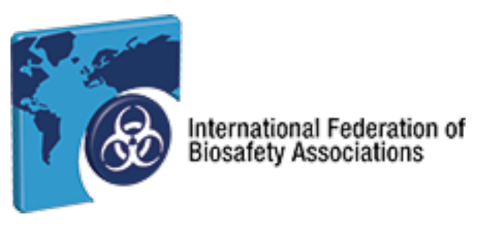

International Mentorship Programs: Reinforcing Biosafety and Biosecurity Culture
Information
International Mentorship Programs as a way to reinforce the Biosafety & Biosecurity Culture
Moderator: Luis Ochoa Carrera, PandemicTech
Panelists:
• Stephanie Norlock, International Federation of Biosafety Associations (IFBA)
• Kate Kerr, Next Generation Global Health Security Network (NextGen)
• Antony Schwartz, ABSA-International/Duke University
• Nannan Jiang, iGEM Foundation
Mentorship has been defined as a protected relationship in which a more knowledgeable or experienced person guides the professional development or growth of another. Its focus goes beyond learning specific competencies or tasks and builds a climate of trust environment so the mentee can feel secure to seek advice on issues impacting their professional success. We live in a globalized world with a lot of interconnections and opportunities, but also challenges and threats. During the last decade, the biosafety profession has become a highly demanded profession. The ongoing COVID-19 pandemic only showed to the world that we need to have not only more biosafety and biosecurity specialists that can support and strengthen the efforts of public health systems, but also with high and qualified competencies to face all the challenges that the current epidemiological context demands us. Being a mentor or a mentee requires a full responsibility, empathy, sharing experiences, reflection, passion, knowledge and encouraging the mentee to take actions towards the achievement of self-driven goals to be able to propose innovative ideas and solutions to public health problems.
This roundtable will provide an opportunity for panelists and participants to identify approaches regarding the mentorship programs in a changing world but also to highlight the impact of the mentor and mentee relationship in achieving goals related to biorisk management. Discussions will also focus on supporting existing or new mentors/mentees by providing them tools and resources to fulfill their biosafety and biosecurity mission.



